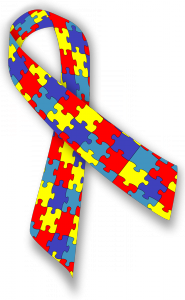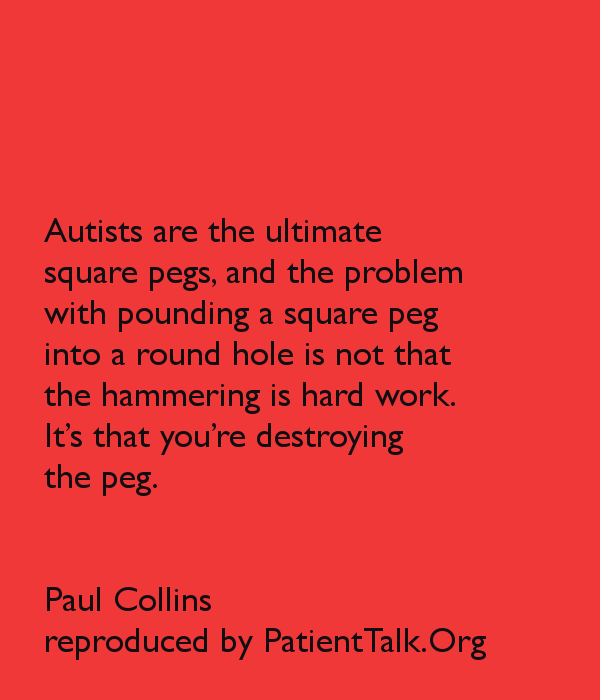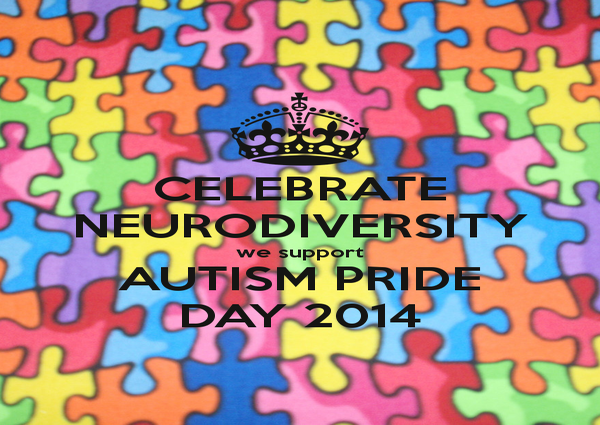
Dr. Sonya Doherty
Welcome to our latest guest post from Dr. Sonya Doherty. You can read the original post on her blog here. Dr. Sonya Doherty is a licensed and board certified Naturopathic Doctor who is an active member of the CAND. Sonya Doherty completed her undergraduate training at the University of Western Ontario in a Bachelor of Science Honors Kinesiology program.
You may be also interested in a recent discussion blog we ran which looked at this very subject!
If you have a child diagnosed with autism, or who you suspect is on the spectrum, chances are your child is having trouble getting to sleep or staying asleep. Sleep is essential to support optimal development. Research at the Arkansas Children’s Research Institute has identified that 90% of children diagnosed with autism havemethylation impairments . Methylation impairment can change the way children produce brain chemicals like serotonin, dopamine, GABA, glutamate and norepinephrine. With respect to sleep, serotonin is a much need neurotransmitter. 90% of serotonin comes from the gastrointestinal tract. Up to 85% of children with ASD have digestive problems including constipation, diarrhea, pain and gut flora imbalance. Serotonin is converted to melatonin with the help of vitamin D. Vitamin D deficiency is well documented in the autism focused medical research.
Adequate magnesium levels are required for healthy sleep onset and maintenance. Many children with autism and ADHD have magnesium levels that are lower than normal. Magnesium deficiency is the 4th most common nutrient deficiency in North America. Nutrient deficiencies, digestive problems and methylation impairment combine to negatively impact healthy sleep patterns in ASD. Children who are experiencing developmental concerns are at a substantially higher risk of experiencing sleep disorders. The children who need sleep the most are having trouble getting to sleep, staying asleep, having restful sleep are early waking.
Addressing sleep issues in children with autism is multi-faceted. Many parents have altered routines to accommodate their child’s imbalanced circadian rhythm. Putting children to sleep much later than same age peers, results in an exhaustion cycle that exacerbates behaviours and sensory overload. Your child’s body has two ways to get to sleep. One is at their age appropriate bed time which is supported by appropriate melatonin levels. The melatonin signal is initiated by darkness and regulates the sleep-wake cycle by causing drowsiness. Limiting TV, iPads and other screens in the evening is important for children with sleep onset insomnia. Blackout blinds are also crucial to help support the repair of your child’s sleep cycle. Melatonin production must be stimulated to increase documented low levels experienced by children with an autism diagnosis. Use of melatonin is an important “band aid” treatment during this time as children’s methylation cycle is supported and repaired. Other helpful sleep supports include magnesium glycinate, GABA, L-theanine and botanical medicines like valerian, skullcap, lemonbalm, zizyphus and passionflower.
The importance of melatonin in the management of sleep disorders and gastrointestinal problems in children diagnosed with autism spectrum disorder:
One of the most common questions that I am asked by parents is about melatonin safety. “Is it safe to give my child melatonin?”
I think the below information will make it clear that it may be unsafe not to give your child with autism melatonin.
The International Child Development Resource Center performed a systematic review and meta-analysis on melatonin and autism. Their findings show that most children diagnosed with autism have:
- Abnormalities in their melatonin levels
- Gene abnormalities that contribute to lower melatonin levels
- Show positive changes with respect to sleep duration, onset and night time waking
- Show improvement in autistic behaviours
Sleep problems in autism usually start at the same age as developmental regression, suggesting a higher vulnerability at this period of life. Healthy sleep patterns are essential to support neuroplasticity and development so it is important to address sleep disorders as soon as possible. According to the Center of Pediatric Sleep Disorders, studies of melatonin use in children with ASD provide evidence for its effectiveness and safety in the long run.
Melatonin, however, has a larger role to play in development beyond its function as a synchronizer of the biological clock. Melatonin is a hormone that helps in the regulation of the gastrointestinal system. The gut is 100% responsible for post-natal development. In the gut, melatonin, governs intestinal reflexes, motility, the immune function, gut secretions, energy balance, pain regulation and protects against inflammation. The gut contains at least 400 times more melatonin than the pineal gland The GI tract produces its own melatonin which suggests it plays a large role in maintaining gut health; both in a healthy digestive tract and in gut disorders. Children diagnosed with ASD have alterations in their gut flora in addition to higher prevalence of constipation, diarrhea, reflux and pain. The balance of good bacteria is not the same as typically developing children. Melatonin levels change gut flora and improve anti-microbial actions. With the startling numbers of children experiencing both gut issues and sleep issues, this new research about melatonin’s role in gastrointestinal health could provide clues about treatment and repair of these biological systems.
Other interesting information about melatonin:
- Melatonin is also synthesized by the bone marrow cells, white blood cells, mast cells and skin cells
- It is a powerful antioxidant
- Melatonin helps to protect mitochondria from oxidative stress which damages cells
- Melatonin also helps to support glutathione production. Glutathione is widely considered the most important antioxidant in the body. In another study, The Arkansas Children’s Research Institute found that children diagnosed with autism have up to 80% of their glutathione depleted. Glutathione depletion may be part of the central mechanism for developmental delay because the role it plays in protecting the brain from toxicity
- There is research to support that melatonin helps to support healthy immune function by fighting infectious disease including viral and bacterial infections
- Melatonin has shown some promise in modulating the immune function in autoimmune disease




